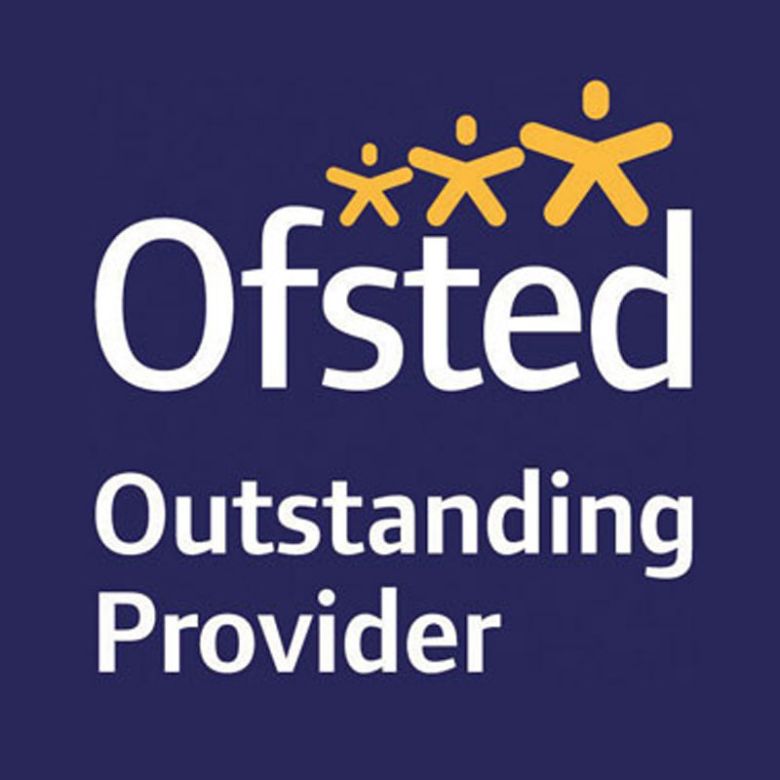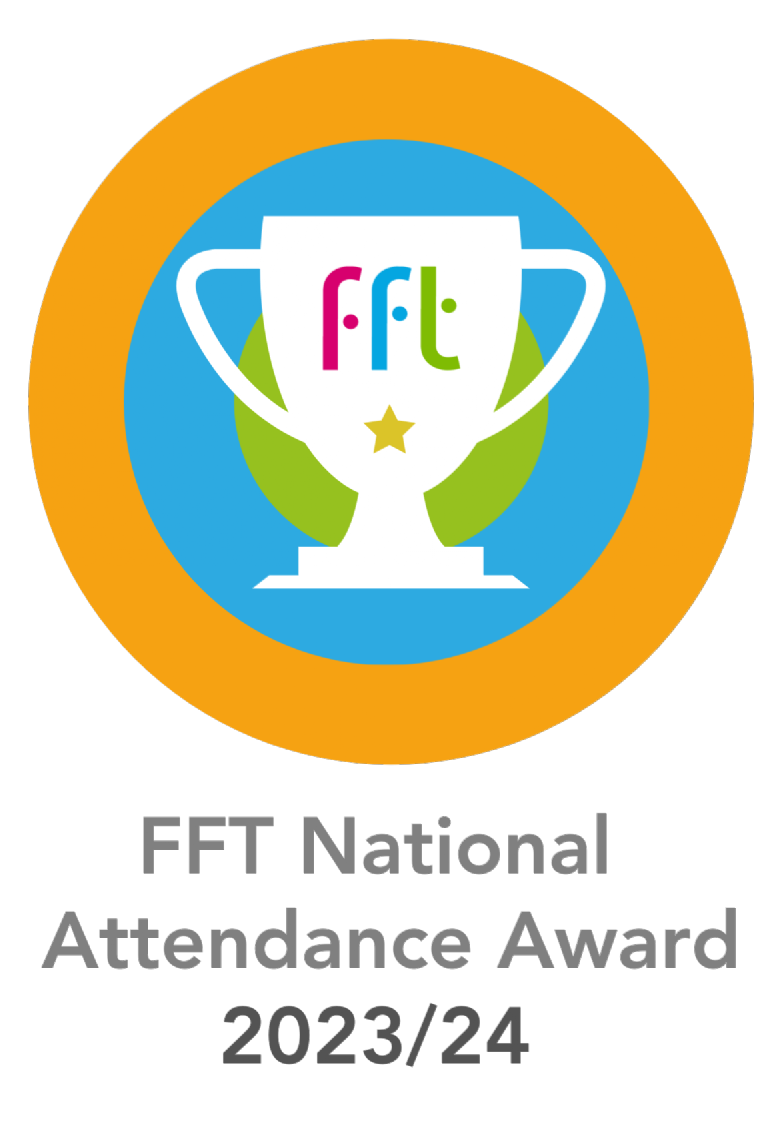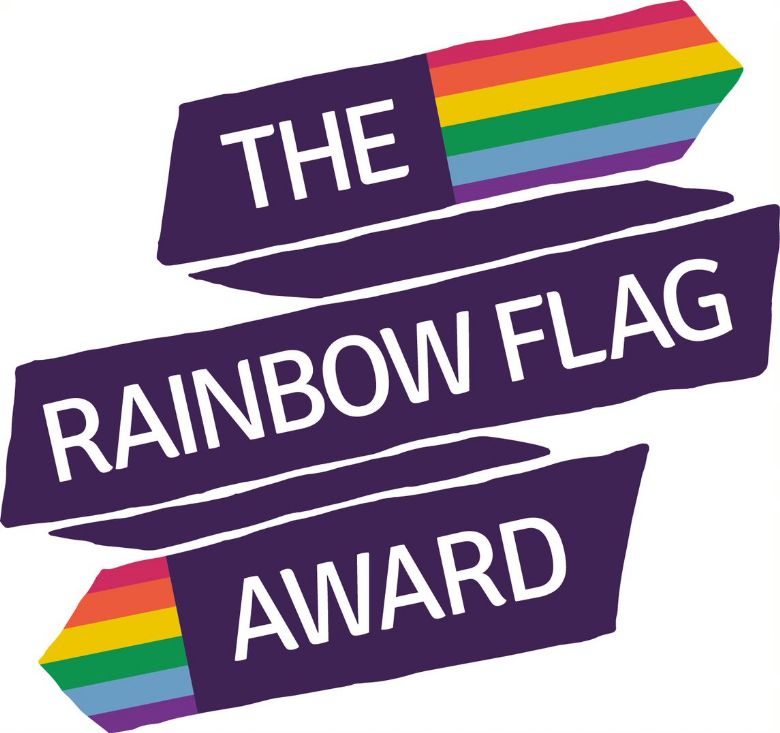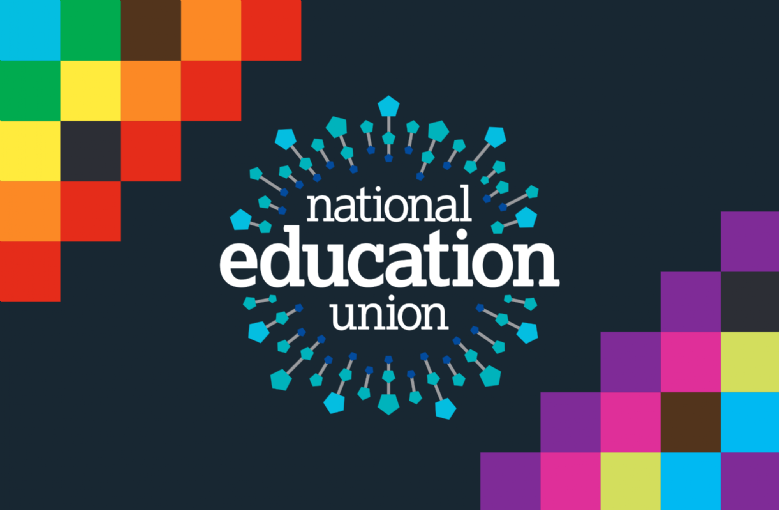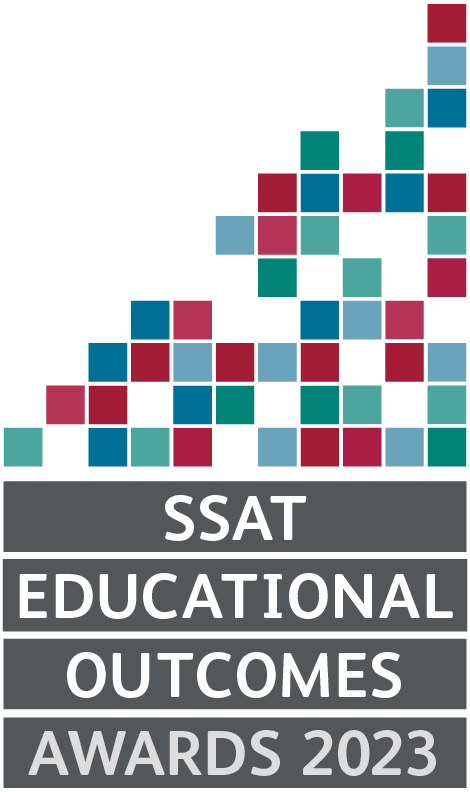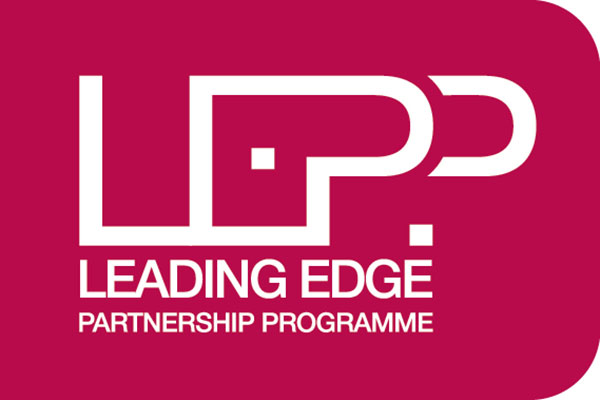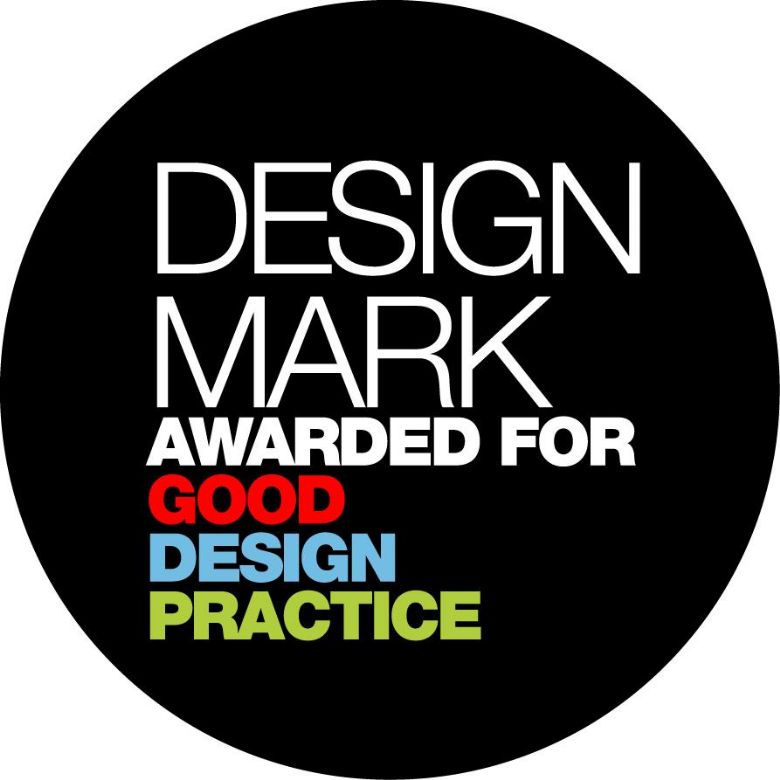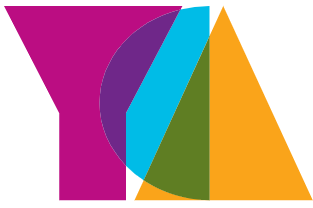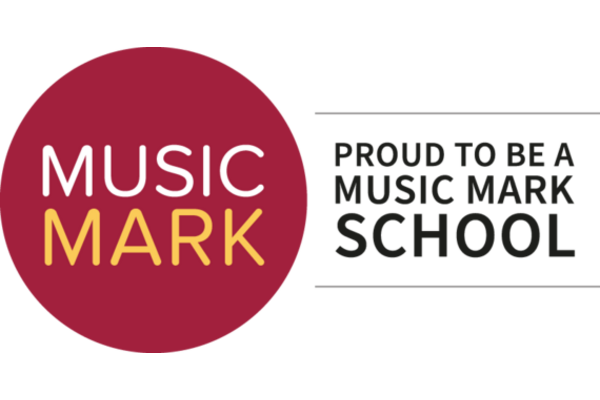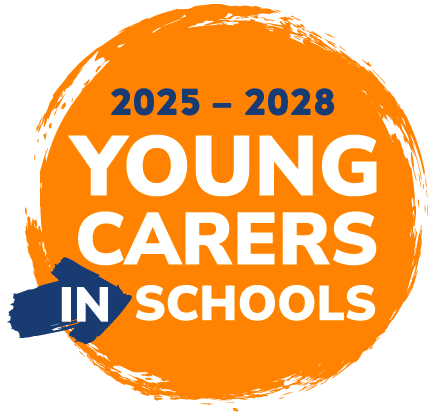GCSE AQA Photography
Which examination board syllabus will I follow?
We follow the AQA syllabus in Photography. Photography is defined here as the practice of producing images using photographic film or digital methods of development and production to create static of moving images.
What will I be studying during the course?
We follow the GCSE curriculum closely from the beginning of year 10 by using themes like ‘Natural and Man Made’ and ‘My world’ where you explore a large variety of areas such as portraiture, location and studio photography, experimental imagery, documentary photography, photojournalism, film, and fashion photography. This gives you an opportunity to explore new and exciting areas that show career potential. You will later specialise in distinct areas of study by following your own interests.
What will the controlled assessment be like?
You will be asked to submit a portfolio of work worth 60% of the final mark. You will start working on this from September in year 10. The work will be based on themes and topics suggested by your teachers as outlined above. You will be able to choose the best of your work from those themes, completed within a maximum of 45 hours of lesson time. For your mock exam you will do a controlled assessment of 10 hours based on your final project.
What will the examinations be like?
There will be a set task with themes given by the exam board in January, so you can spend at least 10 weeks working towards your final piece. Pupils are encouraged to work to their creative strengths and to follow their own interests. The actual exam lasts 10 hours and that along with your prep work contributes towards 40% of your result.
Why is art and design important?
The third highest sector of employment in the UK is in the creative industries and graduates of creative studies make up to 70% employment in high paid jobs. We are incredibly fortunate in the art and design department because we have several contacts in industries such as film, theatre, fashion, and working artists and we maintain these links through workshops and visits. The focus of each topic of study will be on exploration, research, developing techniques and outcomes. These outcomes may be linked to a theme or a real-life art and design task giving our pupils an insight into real life employment experience.
Transferrable skills
Within the context of a formal education the subject supports personal, social, moral, spiritual, cultural, and creative development, and the exploration of visual experiences which in turn helps to communicate ideas and meanings. These opportunities enable work with traditional and new media, developing confidence, competence, imagination, and creativity in all future experiences.
Routes to employment and post 16 courses
Photography is proving to be one of the most popular courses post 16. Having engaged in a course that is mindful and progressively engaged with the vocational aspects of photography gives a head start in a competitive industry. Post 16 courses give opportunities to refine your skills and enhance prior learning with a smooth progression onto A levels and diploma courses and ultimately BA Honour degrees.
Potential careers
Merchandise photographer, working on websites, fashion photographer, portrait photographer for actors, models, schools, pop stars, wedding photographer, photographer for television and film, promotions, advertising, documentary, filmmaker, cinematographer, photojournalist.
FAQs
Why take GCSE photography?
Photography is increasingly popular as a GCSE choice. It encourages the exploration of photography as an artistic medium. It combines well with more traditional subjects, providing an outlet for creativity. Studying photography can open the door to lots of exciting careers in the creative industry: the fastest growing sector of the UK economy!
What skills will I be using?
Although there is no formal requirement to have experience in photography before embarking on the GCSE course, it helps to have an interest in the subject. In GCSE photography you are assessed on 4 main criteria: Research and contextual investigations, experimentation, recording of ideas and presenting a final piece. You have had good practice in all these areas from studying art and design in KS3.
What do we do in Photography?
Pupils will explore a range of study areas within photography including portraiture, landscape or still life photography, client-based photography, and documentary photography. As part of the course, pupils are expected to take photographs in a variety of settings, including open-air locations. You may be instructed to search out suitable settings/locations for photographs outside of school. As well as shooting photographs, pupils learn how to edit them, manipulate, and experiment with them using art materials and how to present them in a professional manner.
What is the workload like?
GCSE photography is coursework based so the work does begin right from year 10. The good news is that towards the end of year 11 when you are gearing up for exams, much of your photography GCSE is behind you. People work at different paces, but the minimum expectation is a finished sketchbook page per week.
What equipment will I need?
We have a range of cameras and industry standard computer software in our studios. If you have access to a camera or camera phone at home too that will be extremely beneficial. We do advise pupils to make sure they have a range of basic art materials available at home for homework tasks and presentation of work. As you progress on the course, it will become clearer what you use a lot of, but we would advise all pupils to have a set of sketching pencils, black fine liners and marker pens, coloured pencils, and a white gel pen.
What is a portfolio?
Your portfolio is your outcome of your GCSE coursework. It is a culmination of all of your best work over the 2-year course that reflects the assessment objectives. This is what will be marked, and you can take it with you to college interviews, job interviews or to look back at all that you have achieved!

